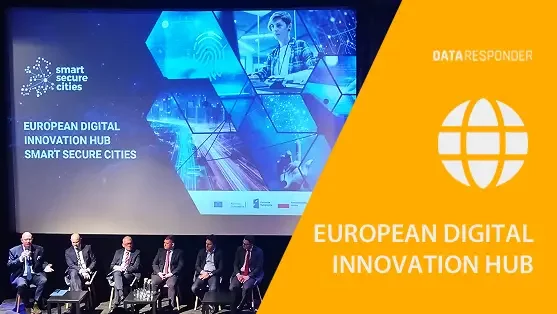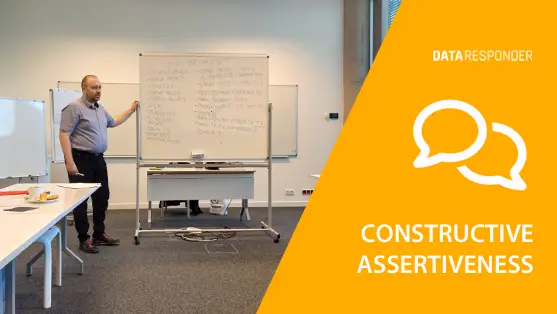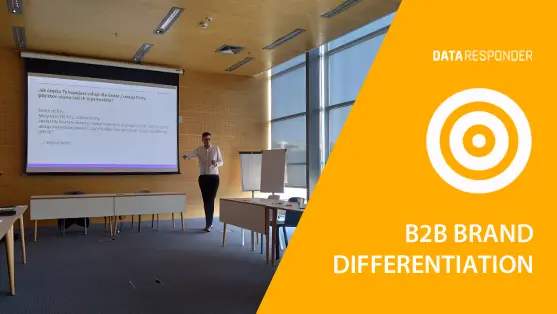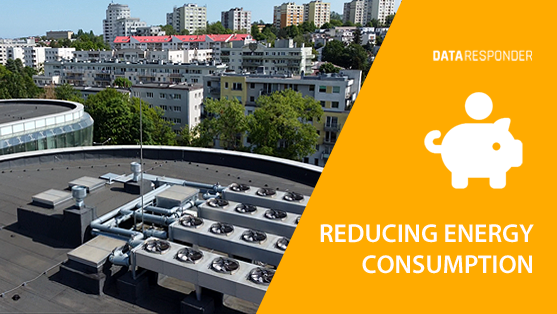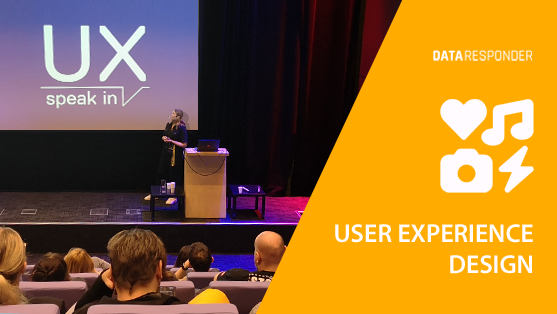Smart Cities Defined Through a Modern Lens
Today’s definition of a “Smart City” emphasizes the integration of digital technology to improve city operations and governance. Smart Cities utilize advanced data analytics and connected devices to optimize various urban systems and processes. Here’s what typically defines a Smart City:
- Efficient Resource Management: Using data to optimize energy and resource consumption.
- Infrastructure Management: Enhancing the maintenance and operation of critical infrastructure through real-time data.
- Strategic Urban Planning: Leveraging data to guide development and improve land use.
- Sustainability Initiatives: Data-driven strategies to manage environmental footprints and promote sustainable practices.
The Role of Data in Smart City Governance
Smart Cities employ extensive data collection and analysis to enhance decision-making and managerial processes. Within this framework, Data Responder acts as an essential tool by facilitating efficient data aggregation from diverse and dispersed sources. The areas where data significantly impacts include:
- Operational Efficiency: Data analytics help in streamlining city operations, from traffic management to public utilities, enhancing overall efficiency.
- Strategic Decision Making: Data insights guide policy makers in crafting regulations and policies that address urban challenges effectively.
- Financial Management: Analyzing financial data to ensure budget optimization and financial sustainability.
- Risk Management: Utilizing predictive analytics to identify potential issues and mitigate risks before they escalate.
EDIH Smart Secure Cities: A Catalyst for Transformation
The EDIH Smart Secure Cities project stands out as Poland’s only national consortium in the Smart City domain and one of the two such specialized hubs in Europe. It aims to create a robust link between SMEs and the public sector, facilitating the development of digital solutions that enhance the operational and strategic capabilities of urban centers. This initiative enables cities to manage their growth and resources more effectively, ensuring economic viability and increased competitiveness.
Objectives and Impact of the EDIH Smart Secure Cities
The initiative is designed to:
- Support Digital Transformation: By enabling the integration of IoT and AI in urban management, the EDIH helps cities become more adaptive and intelligent.
- Promote Data-Driven Solutions: The hub fosters the development and deployment of solutions that utilize data to enhance public administration and services.
- Enhance Competitiveness: By supporting SMEs in developing digital solutions, the EDIH contributes to creating more competitive urban economies.
- Knowledge Sharing: As a platform for exchanging ideas and best practices, the EDIH ensures that innovations are shared across Europe, boosting the overall maturity of Smart Cities.
Conclusion: Shaping the Future of Urban Management
With the inauguration of the Smart Secure Cities project by the EDIH in Gdynia, a new chapter begins for urban management in Europe. This project not only enhances the digital capabilities of cities but also sets a precedent for how urban areas can harness technology to improve governance and decision-making. The collaborative environment fostered by the EDIH ensures that cities across Europe can learn from each other and implement solutions that make urban systems more efficient and responsive.

